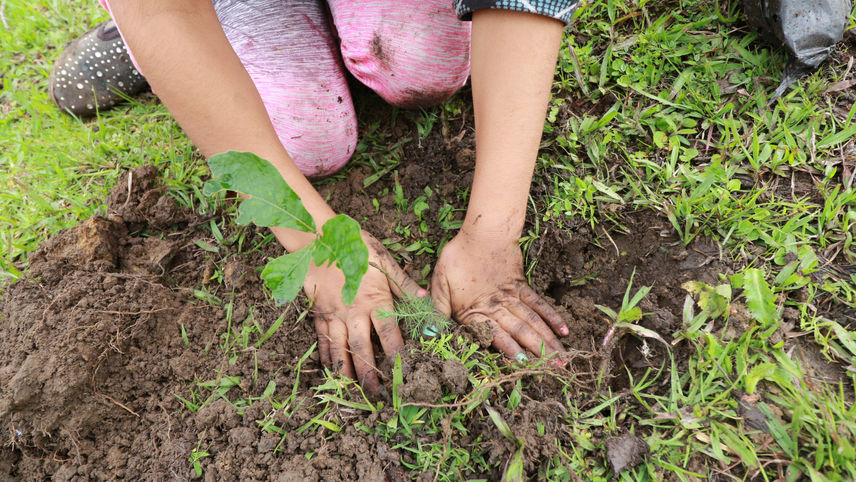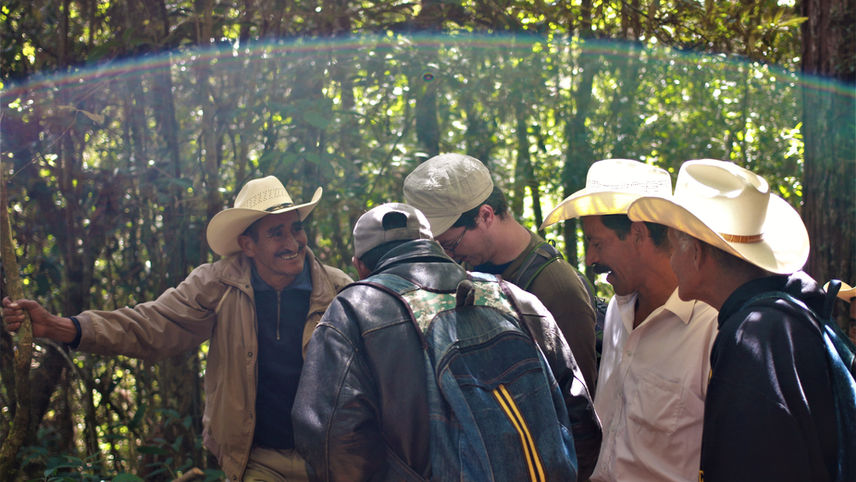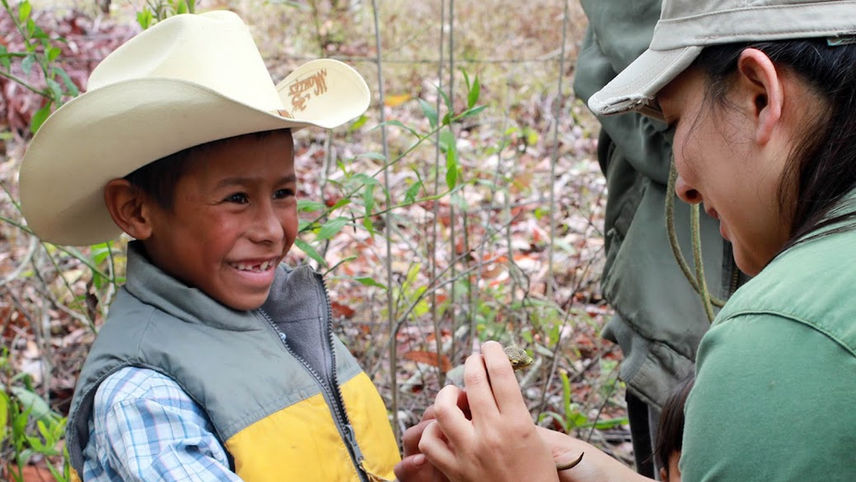Actividades
Guatemala es uno de los países con mayor biodiversidad del mundo, pero también presenta desafíos de conservación continuos y a menudo complicados. Muchas especies, especialmente aquellas que son endémicas al país, están en peligro crítico de extinción, enfrentando un complejo conjunto de amenazas relacionadas con la pérdida de hábitat, legislación débil, escasez de capacidades para la protección de biodiversidad, prácticas insostenibles y pobreza generalizada. Por esta razón, en FUNDESGUA implementamos una variedad de actividades para apoyar la conservación de la biodiversidad y el desarrollo humano en Guatemala.
¡Entérate de lo que estamos haciendo!
Conservation
Abronia
Abronia Conservation investigates and protects the unique and mysterious lizards of the genus Abronia and their habitat.

Conservation
Abronia
Abronia Conservation investigates and protects the unique and mysterious lizards of the genus Abronia and their habitat.
The genus Abronia in Guatemala includes endemic and threatened species, of which much remains to be researched and protected. Given this needs Abronia Conservation was born to study and conserve these endangered mysterious lizards. Our work has focused on the protection of Abronia campbelli, considered the most threatened Abronia species in the country. The species was considered practically extinct shortly after its scientific description due to the extreme degree of destruction and degradation of its habitat.
Faced with this, we conducted research on the characterization of habitat, ethology, population, reproduction, home environment, habitat use and distribution. These studies have become the basis for the conservation strategies currently developed and applied. In parallel, we have implemented conservation education programs to create key long-term alliances and change paradigms harmful to local biodiversity.
With the planting of more than 100,000 trees, our work has culminated in the creation of biological corridors that have been planned, planted and cared for by local communities, businesses and families. We are currently working hard to achieve 100% connectivity between all the species' distribution areas, with more companies, communities and families joining forces to conserve Abronia campbelli.
.png)
























